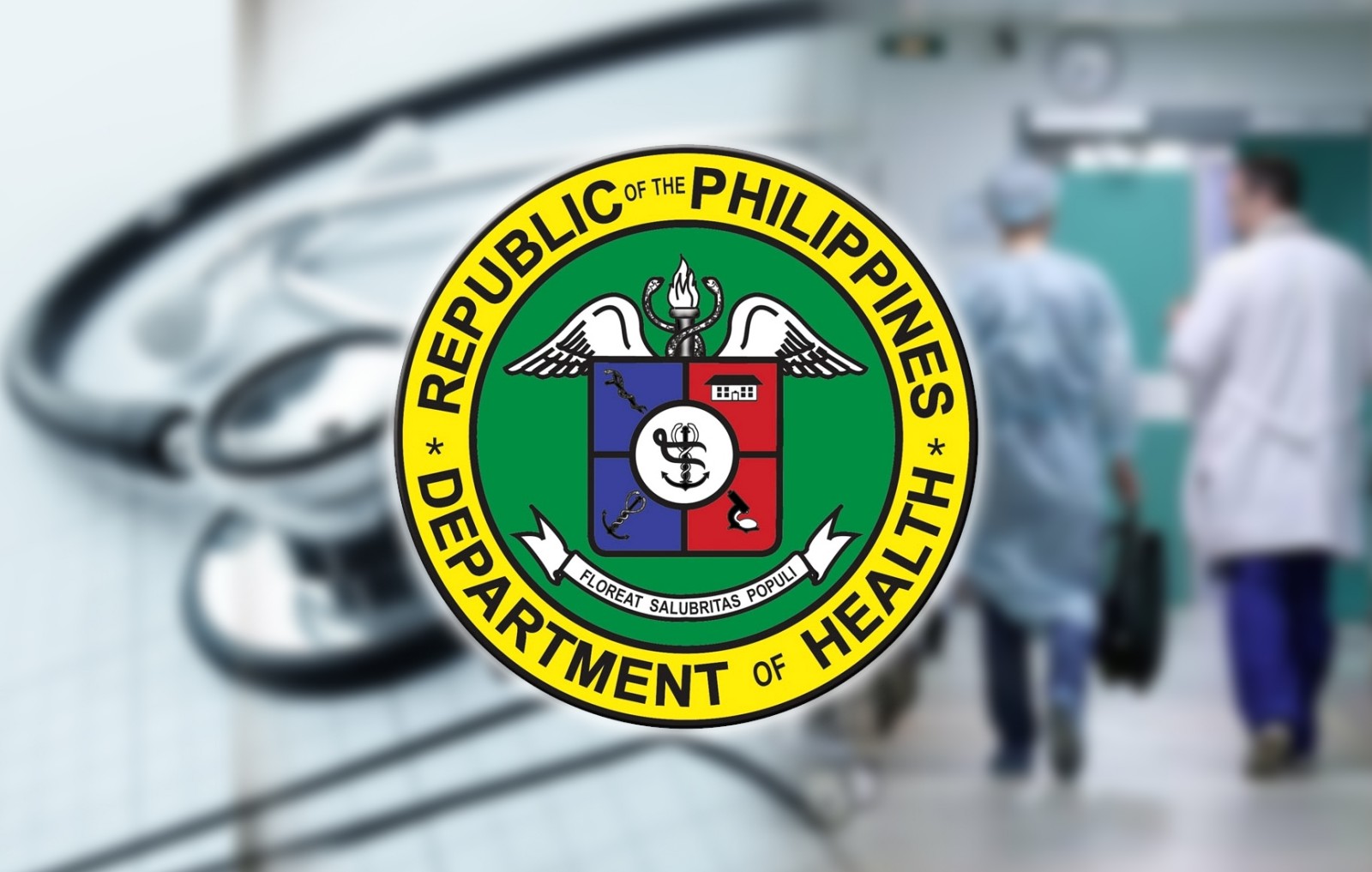
The Department of Health (DOH) conducted the Philippine Genomic Surveillance Consortium Stakeholder Summit on Tuesday, Feb. 21, in a bid to develop a roadmap for genomic surveillance of pathogens that have significant public health impact.
The event, supported by the World Health Organization (WHO) Philippines and the United States Agency for International Development (USAID), is in line with the WHO’s 2022-2032 global genomic surveillance strategy for pathogens with pandemic and epidemic potential.
Among those discussed were mapping of the country’s current genomic capacities, challenges, and opportunities, as well as the funding of genomic activities and the reporting of genomic data for public health programs.
WHO Philippine officer-in-charge Dr. Graham Harrison noted how genomic surveillance shaped the “understanding of the novel SARS-CoV-2 and its many variants.”
“Genomic data generated and shared by the global scientific community enabled countries to develop evidence-based responses including health system readiness, treatment, vaccination, and calibration of public health and social measures,” he said.
The DOH said it will continue with its whole-of-government and whole-of-society approach to safeguard public health.
It also assured that the sharing of expertise to develop public health systems will benefit every Filipino.
“The success of the consortium relies on coordinated efforts of our genomic surveillance stakeholders and we ask for your continued support for our surveillance activities to better prepare for and respond to emerging public health concerns,” DOH Asec. Beverly Lorraine Ho said.
Among those who also attended the summit were DOH Epidemiology Bureau Director Alethea De Guzman, USAID Deputy Director Yolanda Oliveros, and FHI 360 Country Director Dr. Soliman Guirgis.
Also present were Interagency Task Force for Emerging Infectious Diseases Technical Working Group on COVID-19 Variants advisors Dr. Anna Ong- Lim, Dr. Edsel Maurice Salvana, Dr. Eva Dela Paz, and Dr. Cynthia Saloma.
The Peter Doherty Institute for Infection and Immunity led by Professor Benjamin Howden, facilitated the discussions.
The institute is a WHO partner. -– Katrina Gracia Consebido-ag
